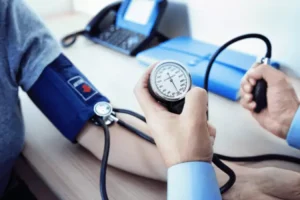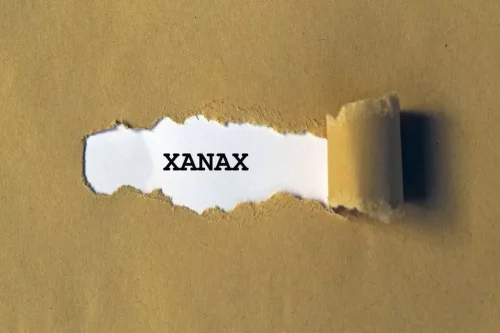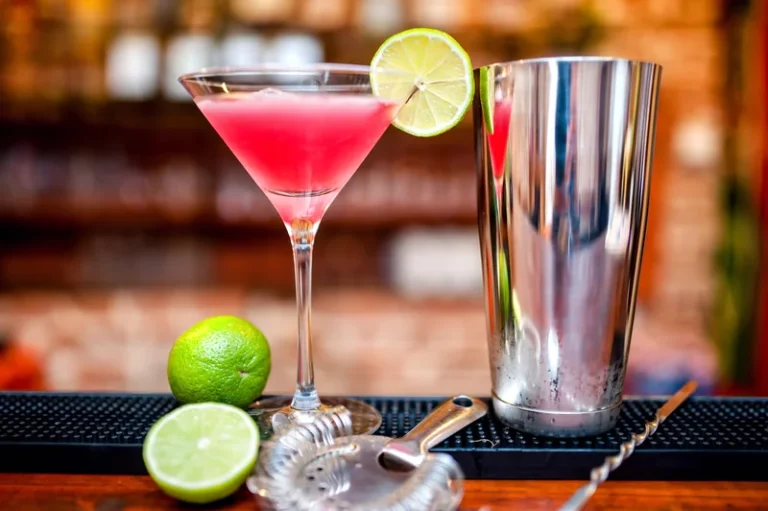
At this point in the addiction process, subjective negative affect predominates, especially during periods of sobriety and withdrawal. This later stage of addiction marks a shift from impulsive use driven by positive reinforcement to compulsive use driven by negative reinforcement. In this stage, compulsive substance use is aimed, in part, at decreasing https://ecosoberhouse.com/ the negative affect caused or aggravated by the allostatic reset in the brain’s stress and mood systems. Anxiety disorders are among the most common mental health conditions and affect women at about twice the rate of men. Because of this, experts recommend that women and girls over the age of 13 should be routinely screened for anxiety.
Signs of Alcohol Misuse
Experts don’t know exactly why some people experience panic attacks or develop panic disorder. Your brain and nervous system play key roles in how you perceive and handle fear and anxiety. Researchers think that dysfunction of your amygdala — the part of your brain that processes fear and other emotions — may be at the root of these conditions. They also think chemical imbalances in gamma-aminobutyric acid (GABA), cortisol and serotonin may play a large role. The parallel-treatment approach requires that specific treatments for both disorders are delivered simultaneously, although not necessarily by the same provider or even in the same facility. However, coordination among providers and between facilities becomes a critical issue with parallel treatments when they are not colocated.
Symptoms and Types of Anxiety

This review broadens the psychiatric perspective on the association between diagnosable alcohol and anxiety disorders to include the psychological/learning and neuroscientific disciplines. Cross-referencing and reconciling (if not integrating) discipline-specific approaches may reveal opportunities for synergy. The long-term consequences of alcohol abuse can be a variety of health problems, including mental health disorders. Alcohol can also make anxiety worse because it affects the levels of other mood-influencing chemicals like serotonin. Research notes that changes in chemical levels such as serotonin can cause anxiety disorders and depression. Agoraphobia, which literally means “fear of the marketplace,” is characterized by intense fear, anxiety, and avoidance of situations in which it might be difficult to escape or receive help if one experiences symptoms of a panic attack.
- This model also allows clinicians to engage clients who may be more ready to address one disorder than the other, and this may be a pragmatic early treatment strategy for comorbid clients who may only have interest in changing one of their problems (Stewart and Conrod 2008).
- Do you ever notice yourself feeling a little out of sorts the day after you drink?
- Next, a history of behavioral examinations of negative affect and alcohol misuse is presented from the psychological perspective, along with a discussion of research on the use of alcohol to cope with negative affect.
- Both conditions substantially increased the prospective relative risk for developing the other.
- It’s possible to have anxiety after drinking alcohol without having an anxiety disorder.
- A lot of people view alcoholism as the more immediate danger, but without treating the underlying anxiety, you’re more likely to relapse.
Other Anxiety Disorders
However, this type of examination provides no information about the effects of alcohol misuse on later development of social anxiety disorder. However, the analysis also showed virtually no relationship between risk for alcohol dependence and the unique components of those diagnoses. These findings are inconsistent with the idea that each anxiety disorder has a unique association with the risk for alcohol misuse. Instead, the results suggest that all anxiety and mood disorders contribute to general negative emotionality, which, in turn, correlates with the risk for alcohol dependence. SSRIs and SNRIs are commonly used to treat depression, but they are also helpful for the symptoms of panic disorder. They may take several weeks to start working or may also cause side effects, such as headaches, nausea, or difficulty sleeping.
- It’s never too late (or too soon) to reach out for help if you are trying to cope with a mental health condition or substance use disorder.
- Alcohol can initially ease anxiety by reducing inhibitions, but it often worsens symptoms long-term, disrupting neurotransmitters and sleep patterns and leading to increased anxiety.
- A panic attack can be described as an intense feeling of fear or extreme nervousness that is brought on abruptly.
- Anxiety is intricately linked to fear, which triggers an immediate fight or flight response to present or imminent danger.
The Substance-Induced Anxiety Model
Some dietary supplements have been studied as a treatment for panic disorder, but more research is needed to understand the risks and benefits. Herbal products and dietary supplements aren’t monitored by the Food and alcohol and panic attacks Drug Administration (FDA) the same way medications are. The review authors reported that reducing alcohol intake could improve a person’s self-confidence, physical and mental quality of life, and social functioning.
Diagnosis and Tests
Panic Attack Symptoms

How Anxiety and Alcohol Feed into Each Other
